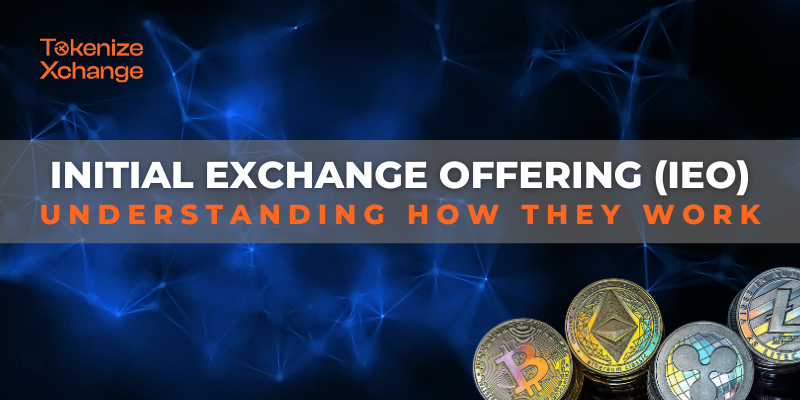
Typically, an IEO works like this:
- Exchange Selection: The project team selects a cryptocurrency exchange that supports IEOs and meets their criteria. They collaborate with the exchange to establish the terms and conditions of the token sale.
- Due Diligence: The exchange conducts its due diligence on the project to ensure its legitimacy, viability, and compliance with regulatory requirements. This evaluation helps protect investors by filtering out potential scams or fraudulent projects.
- Token Sale Announcement: Once the due diligence process is completed and the project is approved, the exchange publicly announces the upcoming IEO, including the date, token details, and fundraising target. This announcement helps generate interest and attract potential investors.
- Investor Registration and KYC/AML: Investors interested in participating in the IEO typically need to register and complete Know Your Customer (KYC) and Anti-Money Laundering (AML) procedures on the exchange’s platform. These measures are taken to comply with regulatory requirements and ensure the legitimacy of participants.
- Token Purchase: During the designated sale period, registered investors can purchase the project’s tokens directly from the exchange’s platform using supported cryptocurrencies or fiat currencies. The exchange facilitates the token sale process, including token distribution, payment processing, and investor verification.
- Listing and Trading: After the IEO concludes, the exchange lists the project’s tokens on its platform, allowing investors to trade them. The tokens become tradable assets, subject to market demand and the exchange’s trading rules.
Investors should exercise caution and conduct due diligence when participating in IEOs due to potential regulatory variations across jurisdictions. It is essential to be aware of the specific regulations and risks associated with IEOs to make informed investment decisions.
How IEOs Work in Malaysia
In Malaysia, IEOs operate within the regulatory framework set by the Securities Commission of Malaysia (SC). Here’s an overview of how IEOs work in Malaysia:
- Regulatory Guidelines: The SC has established regulatory guidelines on digital assets, including IEOs. These guidelines provide the framework for conducting IEOs in compliance with Malaysian securities laws.
- IEO Operators: IEOs in Malaysia can only be conducted through registered IEO operators. These operators are locally incorporated companies that have met the requirements set by the SC. They play a crucial role in facilitating the IEO process and ensuring compliance with regulations.
- IEO Issuers: Companies seeking to raise funds through an IEO must be locally incorporated companies with their main business operations in Malaysia. They must meet certain criteria, including minimum paid-up capital and the presence of directors with residency in Malaysia. The companies must demonstrate innovative solutions or digital value propositions relevant to Malaysia.
- IEO Application: An IEO issuer submits an application, including a white paper outlining the project details, to an IEO operator for approval. The white paper provides essential information about the issuer, the digital token, and the use of funds raised through the IEO.
- Due Diligence and Assessment: The IEO operator assesses the issuer and its white paper to determine if it meets the requirements set by the SC. The operator conducts due diligence and critical assessments to ensure compliance with guidelines and to assess the issuer’s credibility.
- Investor Participation: Once approved, the IEO operator facilitates the offering of digital tokens to investors through the IEO platform. Investors, including retail investors, angel investors, and sophisticated investors, can participate in the IEO. There are investment limits for retail and angel investors to protect them from excessive risk exposure.
- Trust Account and Fund Disbursement: Funds raised from the IEO are placed in a trust account held with a licensed Malaysian financial institution. The disbursement of funds to the issuer is milestone-based, meaning that funds are released to the company or issuer only when project targets are met.
- Investor Safeguards: The SC has implemented safeguards to protect investors participating in IEOs. These include post-issuance monitoring of fund utilization, publication of annual and semi-annual reports by the token issuer, and ongoing regulatory oversight.
It is important to note that the guidelines and processes may evolve over time, and it is crucial for issuers and investors to stay updated with the latest regulations and requirements set by the SC.